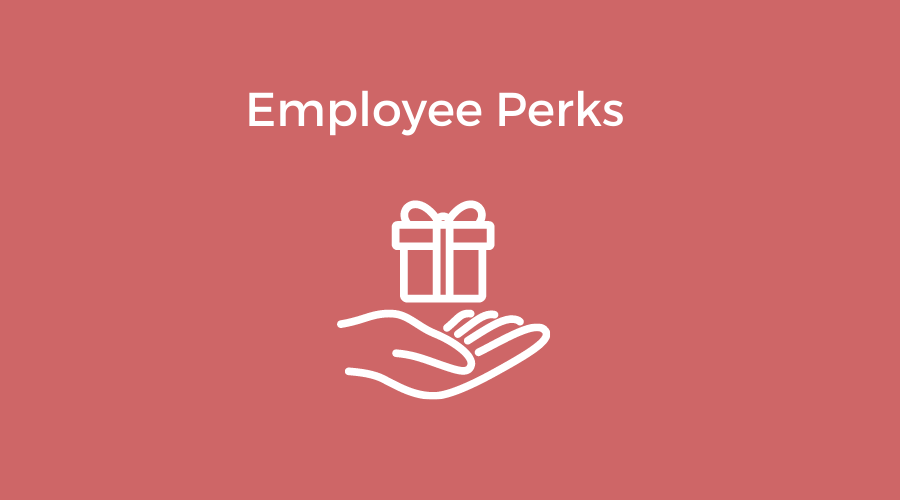
The Importance of Employee Perks
Not that long ago employee perks were those extra benefits employers gave their workers. Retailers give workers a discount on store merchandise. Airlines grant free or deeply discounted airfare to their employees. In restaurants, the employee perks include free food and leftovers.
Undoubtedly, in the past some job seekers were attracted to an industry or a company because of these types of employee perks. Rarely, though, were they a job’s selling point. Workers signed on because of the compensation, the type of work, and the medical, dental and retirement benefits.
That started to change with the rise of the tech industry. Companies began providing free food, installed foosball and ping-pong tables and on-site workout rooms. As the competition for workers grew ever more intense, tech professionals came to expect these employee perks. Companies then began offering more meaningful and more popular perks such as paid time off and paid family leave, flexible schedules and even unlimited vacation.
Today, companies that don’t offer at least some of these employee perks find themselves at a disadvantage in the war for talent. Yet companies are going beyond those employee perks to offer a broad and unexpected range of employee perks. Ben & Jerry’s (and many other companies) allow workers to bring their pet. Oracle provides on-site dry cleaning, auto detailing and oil changes. Abbot and Fidelity Investments and others provide help paying off student loans. Airbnb gives its workers $2,000 to stay at any one of its listings in the world.
The five most popular employee perks, according to a survey by benefits provider Unum, are paid time off, flexible and remote work, paid family leave, fitness or wellness incentives and personal financial planning.
Employers mostly agree. The Society for Human Resource Management found well over half the HR professionals in a recent survey saying family friendly benefits, wellness, flexible work and paid leave were extremely or very important to them and their workers.
Insurance benefits such as medical, dental, vision and disability are so important and so much a part of a compensation package that few workers think of them as nice to have perks. A Fractly survey published in the Harvard Business Review, found that 88% of workers would give at least some consideration to accepting a lower paying offer if the medical benefits were better.
These employee perks have become table stakes in the competition for workers, which may be why 90% of the employers in the SHRM survey consider health care benefits very or extremely important.
But as the SHRM and Unum surveys show, other employee perks are growing in importance. The Covid experience of working from home convinced many workers that’s a perk to be highly valued.
The global business consultancy McKinsey found that before the Covid shutdown, 62% of employees preferred working on-site. When the firm conducted the survey again last December and January, only 37% wanted to return to an office; 63% preferred working in the office two or three days a week (a hybrid work model) or working remotely full-time.
Forcing workers to return to working on-site full time will lead some employees to quit, McKinsey’s survey found. 12% said they would be “very likely” to find another job; 16% said they were “likely” to.
Driven in part by the pandemic, which prompted so many workers to reassess what’s most important to them, and by the years’ long difficulty in hiring workers, the employee perks offered by employers continues to grow.
Melanie Tinto, CHRO at the global financial technology company WEX told HRExecutive last spring that businesses are revaluating their employee perks to focus on those that support and enhance worker wellbeing.
“The pandemic has shown me that flexibility is impacting every part of the way we work, and our benefits packages are going to need to be just as flexible going forward.”
Written by John Zappe


